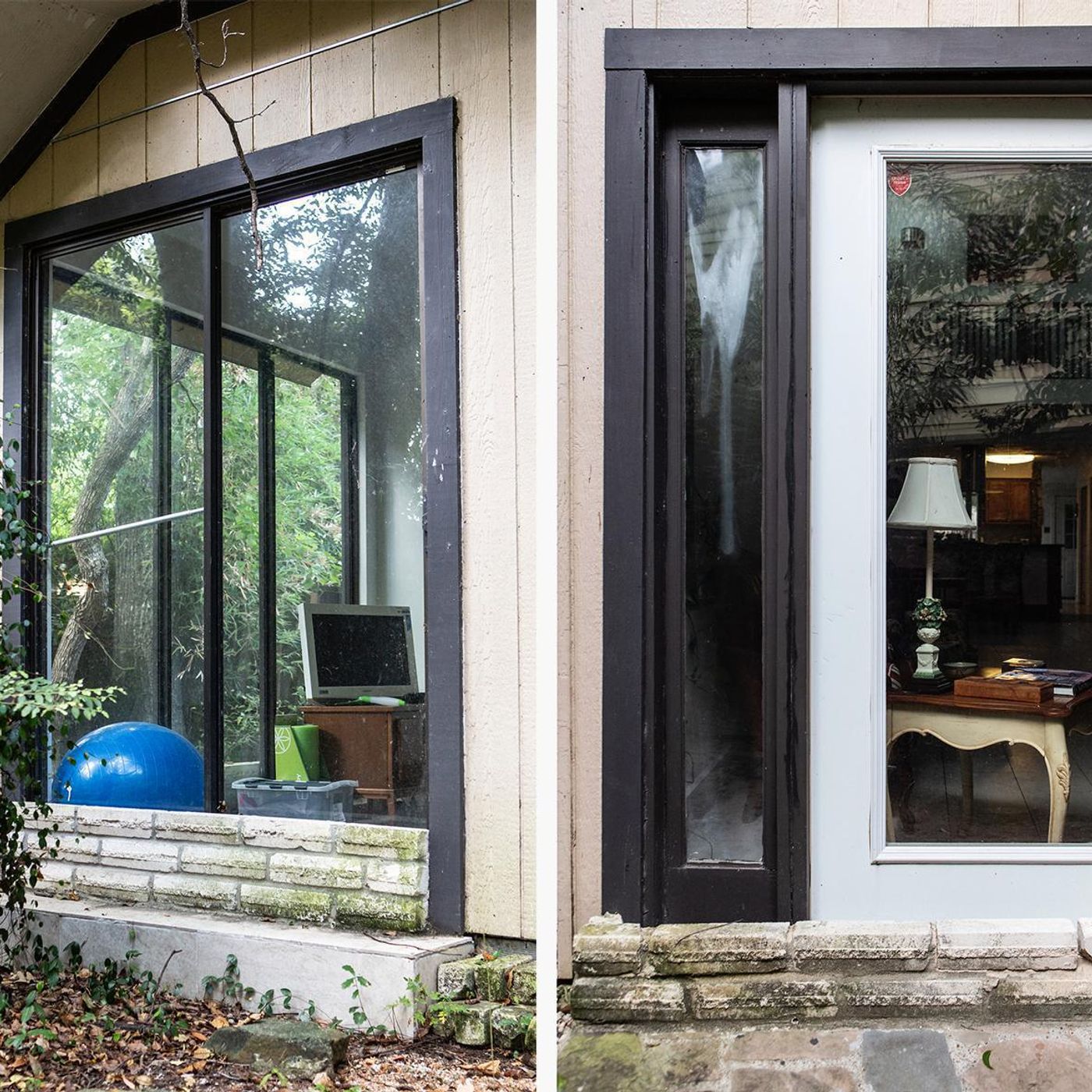Where Will the Trump Investigations Go Next?

Like countless other journalists these days, I have been desperately trying to predict where the various investigations into President Trump may turn next. I called a man I know who worked with the Trump Organization during the years before Trump ran for President. I asked him who investigators and reporters should be focussing on—who in Trump’s inner circle would know if the President had violated the law in his business dealings.
This man told me about the door to Trump’s office in Trump Tower. The door was always open, with people streaming in and out. “Every schmo in the Trump Organization would run in with the newest and stupidest of information,” the man told me. He said that people would sometimes show up at Trump Tower, take an elevator to the organization’s main office, on the twenty-sixth floor, and tell a receptionist that they had an idea for Donald Trump; now and again, they’d find themselves sitting with the Donald himself, sharing their pitch.
At times, though, the door would be closed. This was an anomaly at the Trump Organization. It meant that Trump was doing something that didn’t come naturally. He was cutting off the flow of constant distraction; he was choosing to focus on something important. If Trump was discussing a deal, he liked to be able to call someone into his office and share how great the deal was. If he was meeting with someone especially rich or famous, he would make introductions. So closing the door meant that he was not to be disturbed; he was negotiating something so important and secretive that Trump allowed his door to be shut.
The people allowed inside the room when the door was closed were the ones who would know Trump’s secrets, this man told me. And those people were always the same: Ivanka, Donald, Jr., and Allen Weisselberg. It’s possible to reconstruct what at least some of those closed-door conversations might have covered by examining what has been made public through legal action and investigative reporting.
Weisselberg, who has been granted partial immunity by federal prosecutors and testified before a grand jury in the investigation of Michael Cohen, knows the most: “He’s keeper of the books, keeper of the secrets,” my source told me. Weisselberg handled the money when Trump was doing business with Anthony (Fat Tony) Salerno, the public face of the Genovese crime family, for example. Weisselberg also ran Trump’s finances when the Trump Taj Mahal received a ten-million-dollar fine for violating laws meant to prevent money laundering.
The one person who likely knew as much or more than Weisselberg about recent business, aside from Trump himself, is Ivanka—“she knows a million times more than Don, Jr.,” my source said. Ivanka personally handled many of the most problematic deals. She was the point person, for example, on the Trump project in Azerbaijan and worked closely with the Mammadov family when they were suspected of laundering money for Iran’s Revolutionary Guard. She oversaw a licensing deal in Vancouver with a prominent Malaysian whose father was convicted of financial fraud—a deal that government-watchdog groups say may violate the foreign-emoluments clause. The partner in Ivanka’s own jewelry business is now being sued by the Department of Justice for more than sixty million dollars in unpaid tax liabilities.
Some have argued that Trump didn’t knowingly break the law—that he was just impulsive and unfocussed and would, accidentally and without proper due diligence, end up working with crooks. My source told me that this was nonsense: of course Trump knew when he was breaking the law. “Come on. He was trained by fucking Roy Cohn. Seriously.”
I explained to my source that we already know about Weisselberg and, of course, the Trump children, and asked who else might know Trump’s secrets. He then named Rhona Graff, Trump’s longtime executive assistant. She was the interface between Trump and the rest of the world: she answered and made his phone calls, read and wrote his e-mails, ushered people into his office, and scheduled his out-of-office interactions. Graff may not know the details of any particular deal, but she—more than anyone else—could reconstruct Trump’s social, business, and political network.
I spoke with several longtime lawyers for the Trump Organization and was surprised to learn that most of Trump’s legal staff may not know all that much. They each independently described a similar vetting process. Early on, Trump would test new lawyers’ ethics by asking them to do something a bit questionable; perhaps he’d ask them to file a legal document with the city containing misleading information. If the lawyer pushed back at all, Trump would categorize the person as a stickler and never ask them to do anything untoward again. Most of the dozen or so lawyers who work at Trump headquarters spend most of their time doing routine legal work: writing contracts, filing documents with government offices, handling countless lawsuits.
Jason...